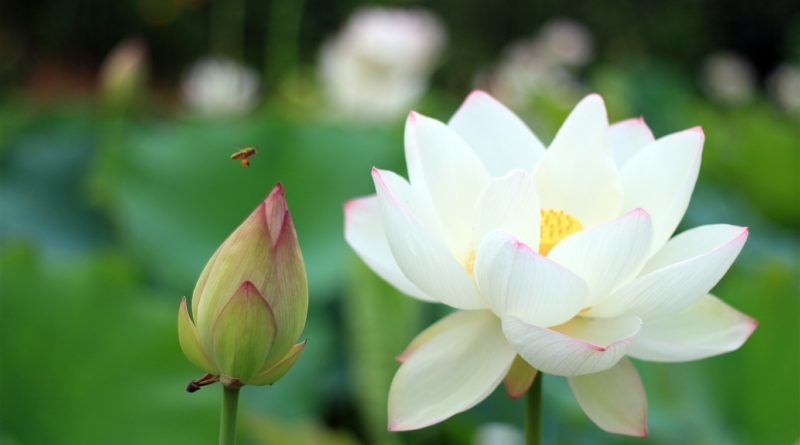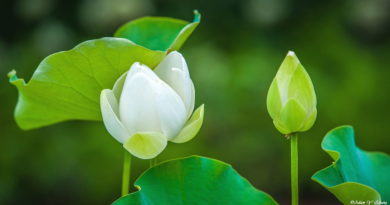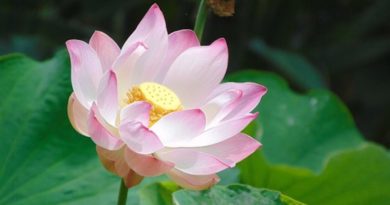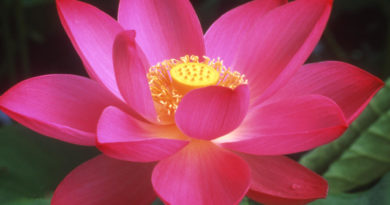GEMSTONES OF THE GOOD DHAMMA – PART 15 – ATTAPARAVAGGA – ONESELF AND OTHERS
GEMSTONES OF THE GOOD DHAMMA – PART 15 – ATTAPARAVAGGA – ONESELF AND OTHERS
136. Sabbe tasanti dandassa
sabbesam jivitam piyam
attanam upamam katva
na haneyya na ghataye.
All tremble at punishment.
Life is dear to all.
Put yourself in the place of others;
kill none nor have another killed.
137. Attana’va katam papam
attana sankilissati
attana akatam papam
attana’va visujjhati
suddhi asuddhi paccattam
nañño aññam visodhaye.
By doing evil, one defiles oneself;
by avoiding evil, one purifies oneself.
Purity and impurity depend on oneself:
no one can purify another.
138. Attadattham paratthena
bahuna ‘pi na hapaye
attadattham abhiññaya
sadatthapasuto siya.
Let no one neglect his own welfare
for the welfare of others however much.
Clearly understanding one’s own welfare
strive always for one’s own true good.
139. Attanameva pathamam
patirupe nivesaye
ath’aññam anusaseyya
na kilisseyya pandito.
One should first establish onself
in what is proper and only then
try to instruct others. Doing this,
the wise one will not be criticized.
140. Attana ce tatha kayira
yath’aññam anusasati
sudanto vata dammetha
atta hi kira duddamo.
If only you would do what you teach others
then being yourself controlled
you could control others well.
Truly self-control is difficult.
141. Yo c’attanam samukkamse
parañ ca-m-avajanati
nihino sena manena
tam jañña vasalo’iti.
One who exalts himself
and disparages others
because of smugness and conceit;
know him as an outcaste man.
142. Na paresam vilomani
na paresam katakatam
attano va avekkheyya
katani akatani ca.
Look not to the faults of others,
nor to their omissions and commissions.
But rather look to your own acts,
to what you have done and left undone.
143. Paravajjanupassissa
niccam ujjhanasaññino
asava tassa vaddhanti
ara so asavakkhaya.
When one looks down at others’ faults
and is always full of envy,
one’s defilements continually grow;
far is one from their destruction.
144. Sudassam vajjam aññesam
attano pana duddasam
paresam hi so vajjani
opunati yathabhusam
attano pana chadeti
kalim’va kitava satho.
Easily seen are the faults of others,
one’s own are difficult to see.
By winnowing the chaff of others’ faults,
one’s own are obscured, like a crafty
fowler hidden behind the branches.
145. Attana coday’ attanam
patimase attam attana
so attagutto satima
sukham bhikkhu vihahisi.
You yourself must watch yourself,
you yourself must examine yourself,
and so self-guarded and mindful,
O monk, you will live in happiness.









